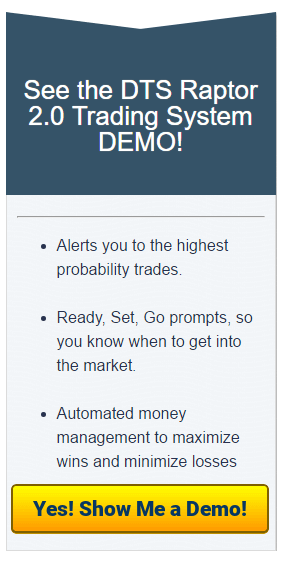Day Trading Tips and Tricks
Day Trading is Dead – Got 22 Seconds?
High Frequency Trading in a Coffee Shop
 Lately, my wife and I have been taking a date night to the coffee shop – with our laptops. We both share over achiever geeky work ethics. But, after twenty years of marriage, it’s been a great way to keep up with work and enjoy each other’s company. Recently, I struck up a conversation with another laptop coffee shop regular; we’ll call him Rick, about day trading, gambling, and the markets.
Lately, my wife and I have been taking a date night to the coffee shop – with our laptops. We both share over achiever geeky work ethics. But, after twenty years of marriage, it’s been a great way to keep up with work and enjoy each other’s company. Recently, I struck up a conversation with another laptop coffee shop regular; we’ll call him Rick, about day trading, gambling, and the markets.
Rick is a self-proclaimed professional gambler. It was quite fascinating to see the similarities between day traders and people who gamble for fun vs. those that approach it as a primary business. I was surprised to learn that, just like for professional day traders, for professional gamblers, the number one skill for survival and success is money management.
Evidently, Rick also notices the commonalities and was Immediately intrigued by the fact that we to use systems when we are “playing” the markets, and that these systems include trading indicators. In Rick’s case, the equivalent of an indicator would be the “tells” he picks up from other players. Talk about subjectivity in action!
So, Rick asked me – “How does a day trading indicator work?”
Me: “An indicator takes data, feeds it into an algorithm and then displays the results which can be used to make predictions of what the market will do next.”
Rick: “Does it work?”
Me: “Yes, algorithms – trading indicators – have the biggest impact on the profit made in the markets today. Trading with computers over the Internet has changed everything.”
He looked a little skeptical. How could I say such a thing? I told him about a book by Robert Harris I’d read that takes place in the world of high-frequency trading that was featured on the PBS new program. Being the geek that I am, I then sent him a link to this PBS video.
Watch Fictional Thriller Tackles Dangers of High-Frequency Trading on PBS. See more from PBS News Hour.
The average time for a high-frequency trading trade, 22 seconds! As day traders who use mathematical tools, indicators and day trading systems, we are on the leading edge of day trading technology. This position opens many opportunities to taking money out of the market and putting it into our bank accounts.
Does high-frequency trading mean retail day trading as we know it is Dead? Absolutely not!
It simply means, like all things in life, adapt and overcome. High-frequency trading (HFT) is really nothing new. In fact, it provides the home-based trader even more opportunities. Click HERE to join us in our room trade room, we’ll show you how to push the doors of that opportunity wide open. Nothing magical -it is just a different approach that puts more hooks into the water so you can catch more fish. It also tells you where to put the hooks and what kind of bait to use. It’s all about multiplying the opportunity that is ever present in the market 24/7.




